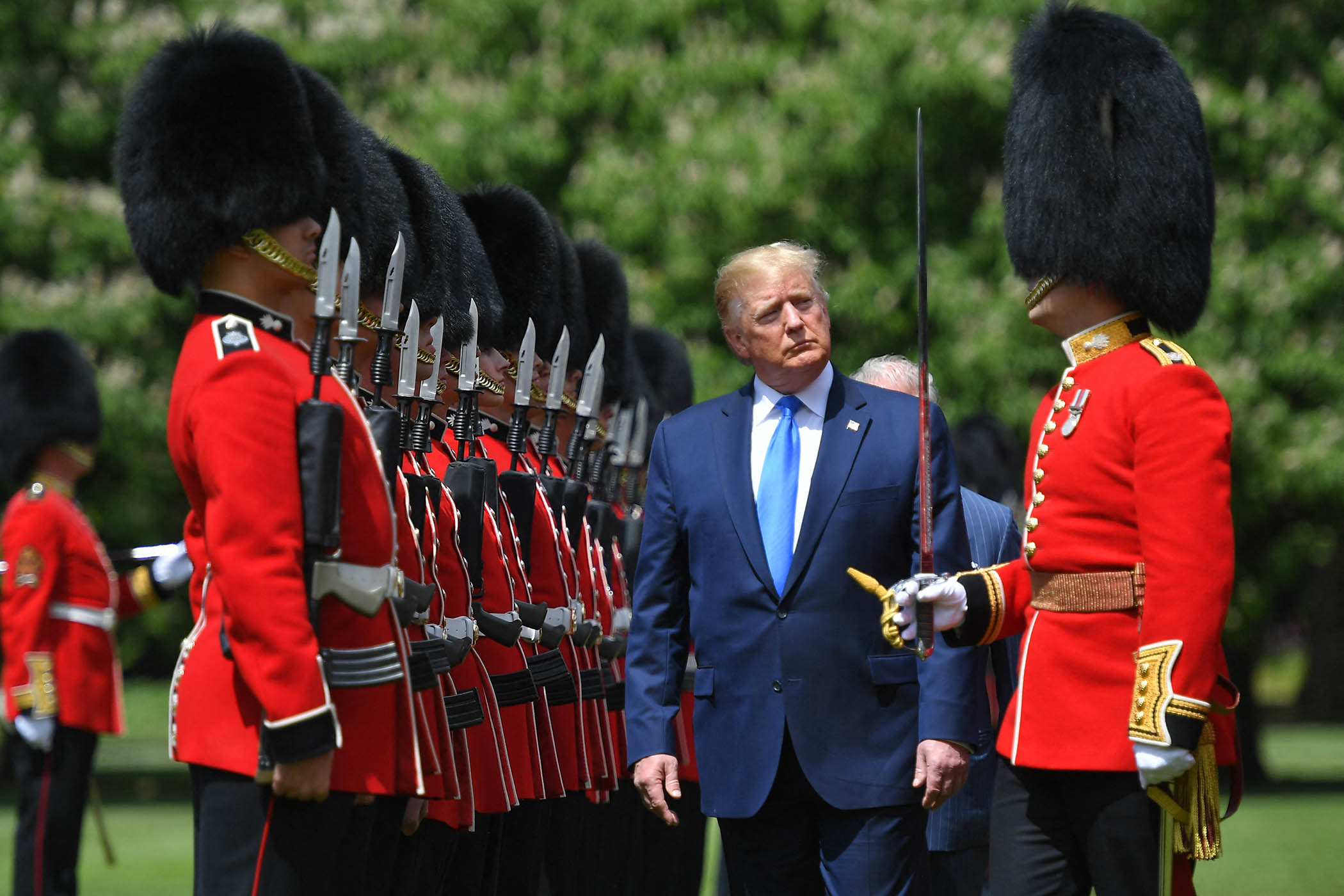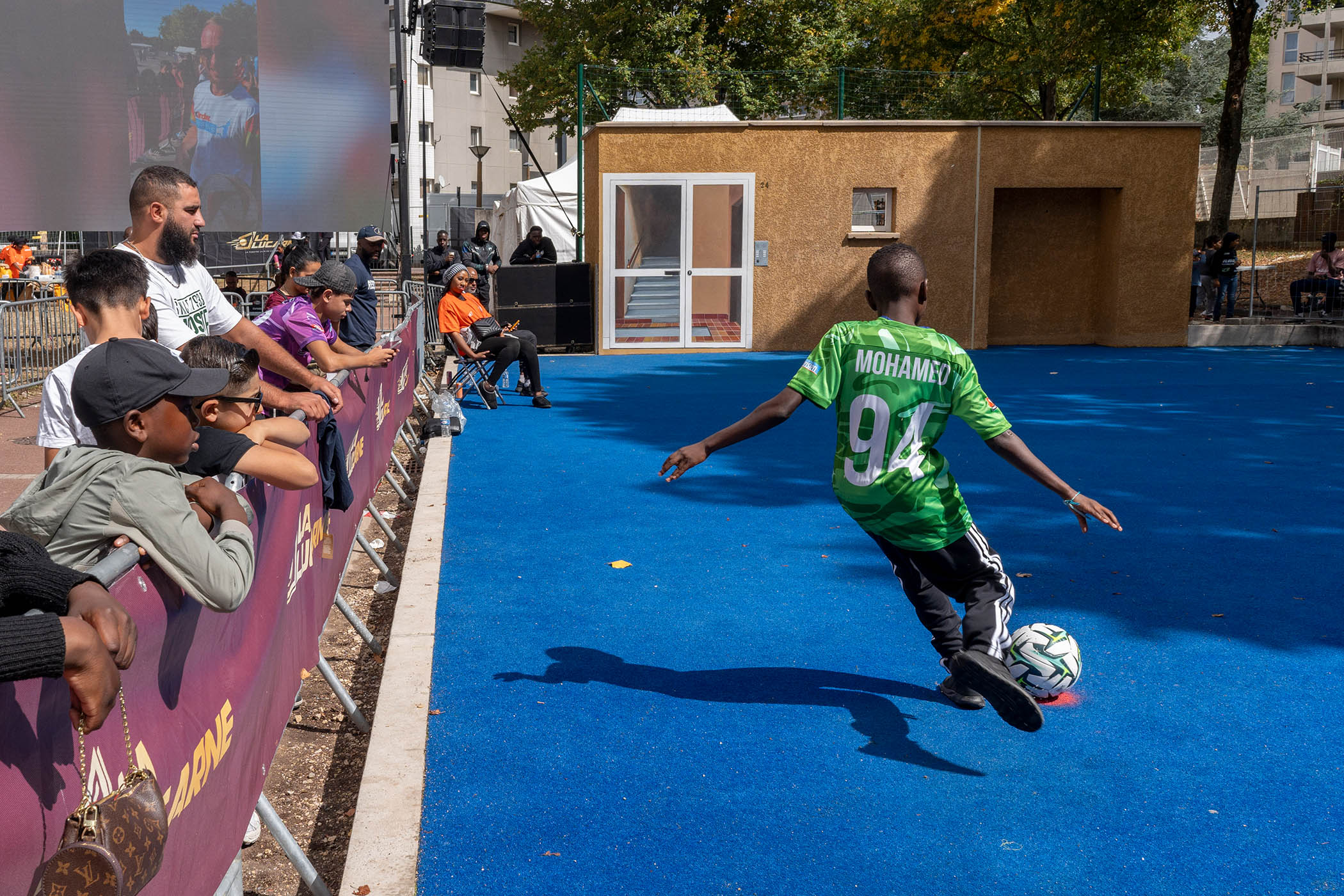
A British colleague once complained to me, “we used to be innovators, now we’re just regulators”. But that misses the point. Britain has always been both at once – innovators in regulation – and that is precisely what this testing time needs.
The president of the United States is in the UK this week. Breaking rules is kind of his thing. That has unified our rivals and undermined the American idea in ways too many to count. Meanwhile, with every rule smashing, half of American voters cheer. Many here, too.
On both sides of the Atlantic, the data tells us we shouldn’t be so surprised. Only 22% of Americans today say they trust the federal government to do the right thing “most of the time” – nearly a 70-year low. In Britain, trust in politicians telling the truth is just 11%, the lowest level in nearly four decades. Trust in the press, in business, in universities and trade unions has also dropped.
One of the very few things vast majorities seem to agree on is that the rule makers and referees have rigged the game. I am not one for conspiracies and I don’t think it’s that simple. I think it might be simpler.
The American philosopher William James observed, “The feeling of rivalry lies at the very basis of our being, all social improvement being largely due to it.” Critically, he reminds us, “There is a noble and generous kind of rivalry, as well as a spiteful and greedy kind.” I agree. Yet, somehow, we have found ourselves in a place where we either engage in the spiteful and greedy kind or disdain rivalry all together.
In other words, we know how to fight, and we know how to agree, but we’re forgetting how to compete – and a good game is a mix of good rules and good practices.
Fortunately, this is where the UK traditionally shines. It has been home to great innovators and exporters of the noble and generous kind of rules. This is the best inheritance from America’s British roots. Magna Carta set the stage for a bunch of formerly British subjects to write the Constitution, and so many of the world’s best rule books have been made with British and Americans at the table.
Trump arrives on 16 September – the day before Constitution Day in the United States. Most Americans don’t give much thought to what came afterwards in 1776. We remember the fireworks, the Declaration, the signing. But hardly anyone, American or British, marks the day. We should.
Declaring independence is relatively easy. The harder, more enduring task – the one 17 September represents – is learning not just how to be free from someone or something you don’t want, but how to be free with and through one another – often in rivalry.
That means getting back into the habit of competing – of dealing with difference nobly and generously. Not demonising it, like bullies do. Not dismissing it, like bullshitters do. Not being defined by it, like those stuck in blind spots. But dealing with it and playing through it – because difference lives in and between each of us.
One of the most common phrases one hears when heads of government meet is this: “There is no daylight between us” as it relates to – well, whatever the topic is. This is a ludicrously high standard of agreement and should really never be true. What’s the matter with daylight? Any image you have of teamwork – soldiers defending, couples dancing, midfielders passing – encompasses open space. That space is not weakness, it’s possibility.
So if the president and prime minister really want to show the value of this relationship, they should not demonise or dismiss difference, but make use of it.
Writing down the rules of association football in England back in the 19th century turned local competition into the world’s game, with the World Cup coming to America next year. Across the centuries we have been turning daylight into durable rules of the game. And we are still at it, mending and amending the rules of a game we all love – democracy itself.
That’s where the work lies now, not in eliminating daylight, but in using it well.
Matthew Barzun is a former US ambassador to Britain and chair of Tortoise Media, owner of The Observer.
Photo by Mandel Ngan/ AFP/ Getty Images



